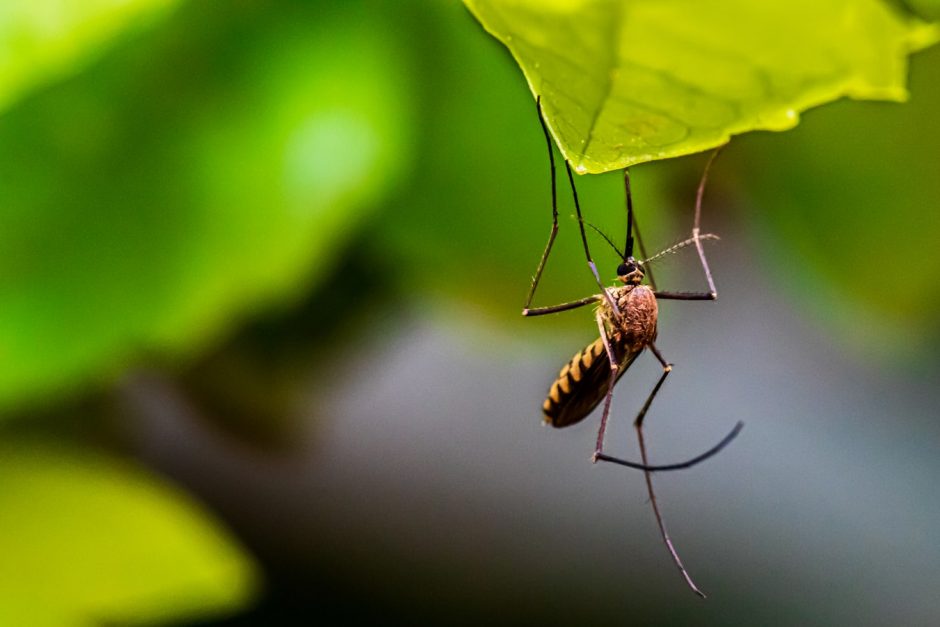
Jan. 26, 2021
Contact: Brian Consiglio, 573-882-9144, consigliob@missouri.edu
In 2016, the World Health Organization called the Zika virus epidemic a “public health emergency of international concern” due to the virus causing birth defects for pregnant women in addition to neurological problems. Since then, researchers have wrestled with different strategies for controlling the spread of Zika virus, which gets transmitted to humans from female mosquito bites.
One approach, which was approved by the Environmental Protection Agency in May, will release millions of genetically modified mosquitoes into the Florida Keys in 2021 and 2022. These "suicide mosquitoes" are genetically-altered to produce female offspring that die before emerging into adults and therefore cannot bite humans and spread disease.
However, wiping out future generations of mosquitoes may cause environmental complications, such as potentially disrupting food chains. A new research study at the University of Missouri offers another option: genetically modifying mosquitoes to be resistant to Zika virus altogether.
Alexander Franz, an associate professor in the MU College of Veterinary Medicine, collaborated with researchers at Colorado State University by using CRISPR gene-editing technology to produce mosquitoes that are unable to replicate Zika virus and therefore cannot infect a human through biting.
“We genetically manipulated these mosquitoes by inserting an artificial gene into their genome that triggers one of the immune pathways in the midgut to recognize and destroy the RNA genome of Zika virus,” Franz said. “By developing these mosquitoes that are resistant to the virus, the disease cycle is interrupted so transmission to humans can no longer take place.”
Franz added that the genetic modification is inheritable, so future generations of the altered mosquitoes would be resistant to Zika virus as well.
“We are interested in strategies for controlling insect vectors like mosquitoes that transmit various viruses affecting human health,” Franz said. “Public health experts suggest having a toolbox with different approaches available to tackle a virus such as Zika, and unfortunately right now there are limited options. There is no vaccine for the Zika virus available and spraying insecticides has become ineffective since the mosquitoes can develop resistance, so we are simply trying to expand the toolbox and provide a solution by genetically modifying the mosquitoes to become Zika-resistant while keeping them alive at the same time.”
Franz’ research is designed to help prevent another outbreak of Zika virus disease from occurring.
“If you can ever find a way to block the transmission of a pathogen that negatively affects humans, that is good news,” Franz said. “We have shown this is a viable option for genetically modifying mosquitoes in a lab setting. There would need to be thorough discussions about regulatory compliance to see if this can be a solution out in the field down the road, and who knows when another Zika outbreak might happen in the future, which is why this research is so important.”
“The Antiviral Small-Interfering RNA Pathway Induces Zika Virus Resistance in Transgenic Aedes aegypti” was recently published in Viruses. Co-authors on the study are Adeline E. Williams, Irma Sanchez-Vargas, William R. Reid, Jingyi Lin and Ken E. Olson. The study was funded by the National Institutes of Health.



